Gabriel Oguda, once praised for standing up against police brutality after his own abduction during the 2024 anti-finance bill protests, is now facing growing questions over his silence on the death of Albert Ojwang.
Ojwang, a teacher and blogger, died in police custody in June 2025 after being arrested for criticizing DIG Eliud Lagat.
His death sparked protests across the country, with autopsy results showing he was assaulted completely contradicting police claims of self-inflicted injuries.
This case bears an eerie resemblance to what happened to Oguda, who was forcibly taken by police, held incommunicado, and later wrote about his ordeal, gaining overwhelming public support.
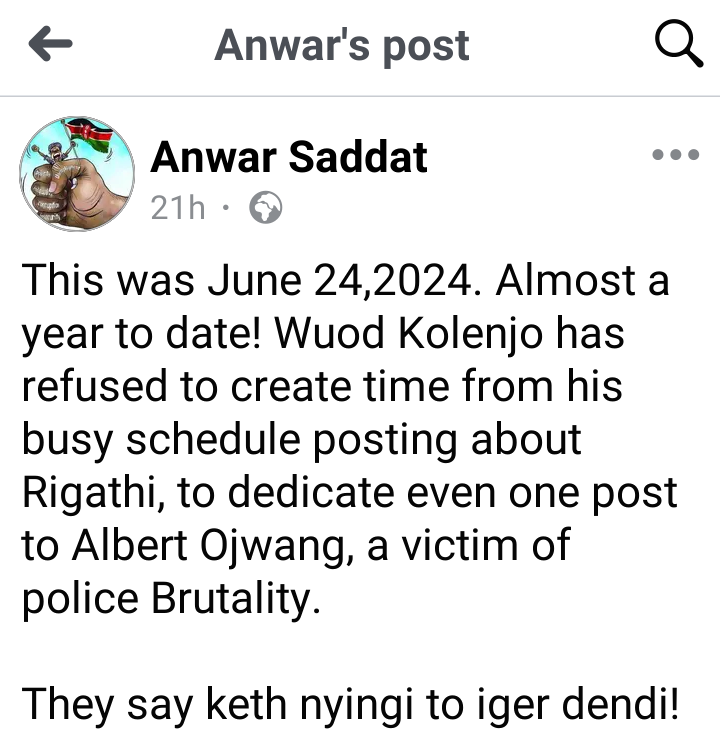
Many Kenyans who stood by him expected he would show that same solidarity to others who suffer state brutality. But now, almost a year since his own abduction, Oguda has chosen not to comment on Ojwang’s case, and that silence is not going unnoticed.
What makes this silence even more difficult to understand is that Oguda still maintains an active presence online and in the media, but instead of using his platform to speak on police killings or injustice, he has turned much of his attention to attacking or commenting about former Deputy President Rigathi Gachagua.
While Rigathi himself has condemned the police over Ojwang’s death and called out the system for covering it up, Oguda appears more interested in discrediting him than acknowledging the pain and loss felt by Ojwang’s family and fellow citizens.
This shift in focus has left many wondering whether Oguda’s priorities have changed now that he is no longer the one under direct attack. For someone who once claimed to speak truth to power, ignoring a tragedy that mirrors his own experience raises serious questions about his consistency and credibility.
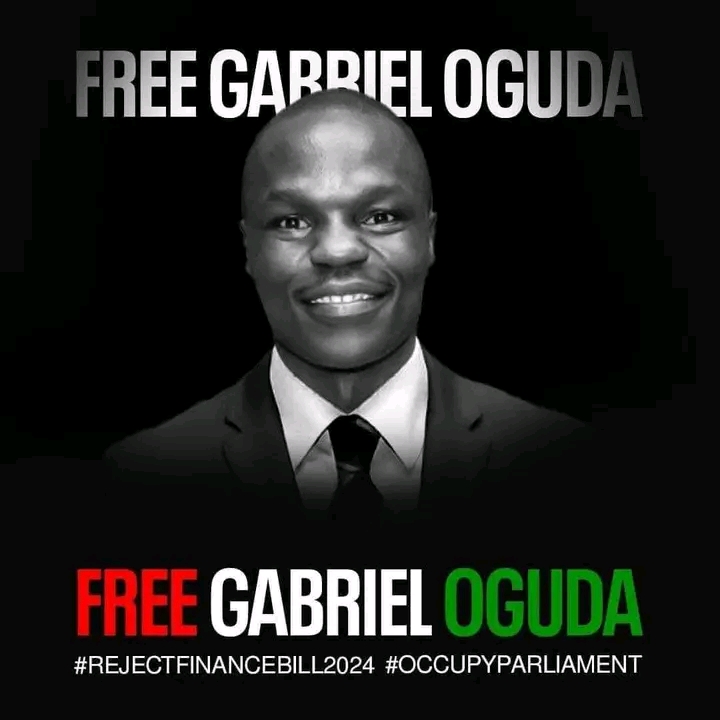
The public outcry over Ojwang’s death is not something that can be brushed aside. Protests erupted across cities with Kenyans demanding justice, shouting “Stop killing us” and calling for accountability from the same police force that had once abducted Oguda.
His voice, if added to the call for justice, could have amplified the cause. Instead, his silence has become part of the conversation, with many expressing disappointment that someone who once stood as a symbol of resistance has now chosen to remain quiet.
They see that Oguda, who was lifted by the public during his lowest moment, is now looking the other way when another young Kenyan is killed under state custody.
They see the difference between writing a strong opinion piece when it affects you directly and staying silent when it doesn’t.
There’s no clear explanation for why Oguda has not spoken out. Maybe he fears retribution, maybe he’s decided to avoid confrontation with the police again, or maybe he believes that attacking political rivals like Gachagua is a more strategic move.
But none of those reasons hold up well when placed next to the expectations of a society still grappling with unchecked police violence. The truth is, he owes his current platform to the very people now waiting to hear him speak.
In moments like this, when lives are lost and the state is implicated, choosing not to say anything becomes a loud message on its own.
Gabriel Oguda, who was once seen as a voice for the oppressed, now finds himself at the center of criticism not because of what he said, but because of what he refused to say when it mattered most.



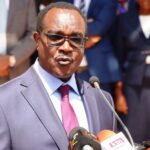



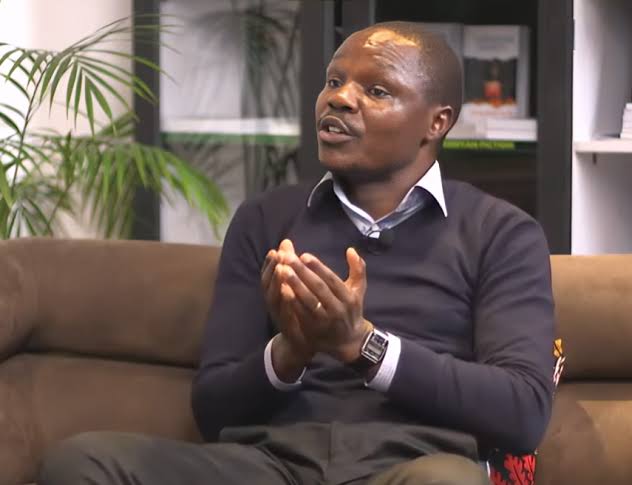

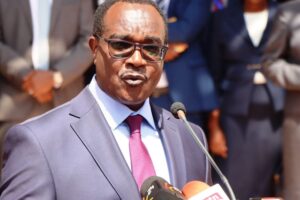
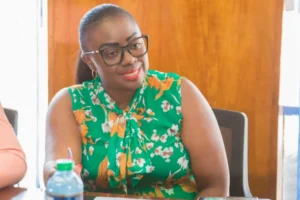

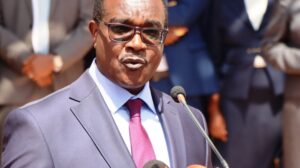




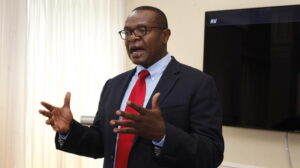
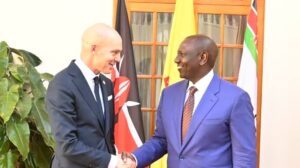
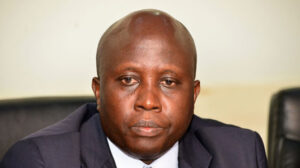
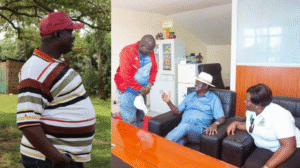
Add Comment